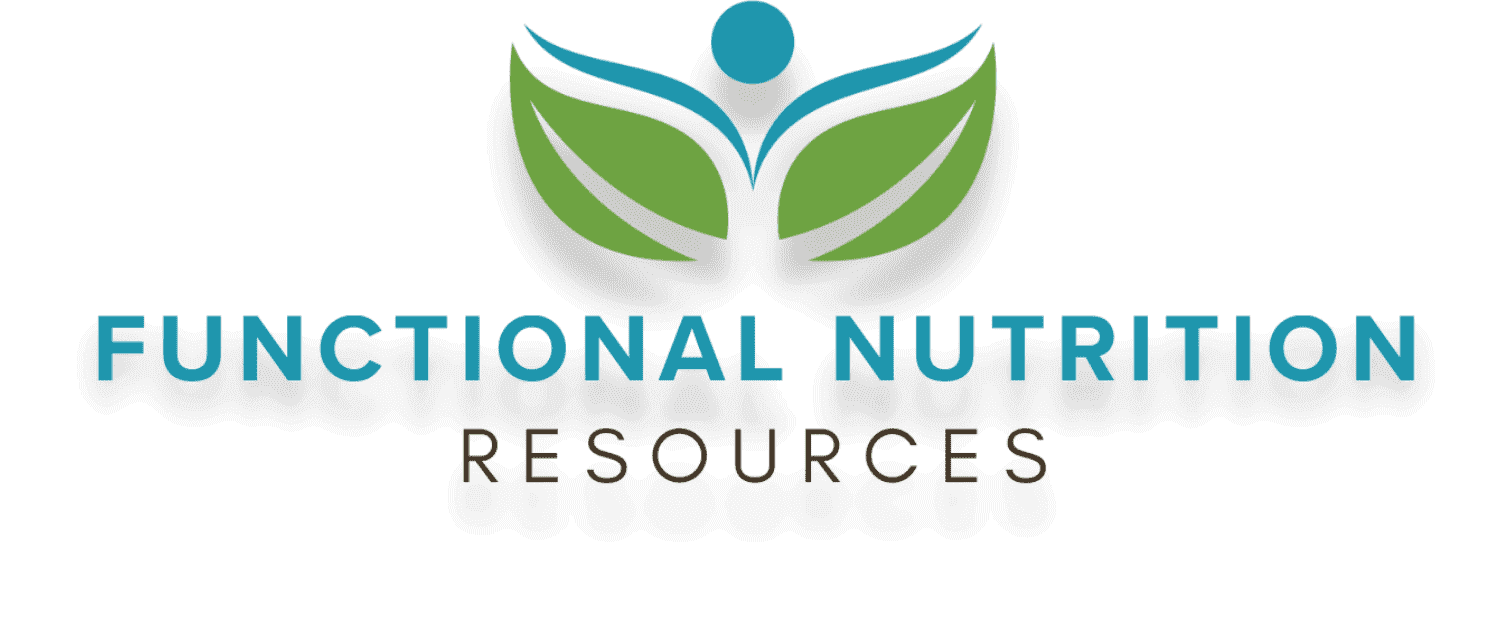A healthy diet is crucial for maintaining overall health, but did you know it significantly affects your menstrual cycle? Nutrition can be a powerful part of a functional medicine approach and work to balance hormones, alleviate unpleasant menstrual symptoms, and improve overall menstrual health. At Functional Nutrition Resources we’ve helped dozens of clients utilize nutrition in a way that helps restore optimal wellness throughout their cycles. We want to help you do the same thing by showing you how to start eating for your cycle.
Keep reading for a deeper understanding of eating for your cycle and which foods to eat (and avoid) during each phase. With more profound knowledge of how nutrition affects your menstrual cycle, you can optimize your diet to support your menstrual health and overall well-being, something that we can all use.
Overview of Your Menstrual Cycle
Before we go into detail on eating for your cycle, you might find a refresher on how your cycle works valuable, even if you have a general idea of what’s happening.
The menstrual cycle consists of four phases: menstruation, follicular phase, ovulation, and luteal phase.
Menstruation marks the start of your cycle and lasts between three to seven days. During this phase the uterus sheds its lining, and levels of estrogen and progesterone are low.
The follicular phase follows menstruation and lasts around seven to ten days. The body prepares for ovulation during this phase, and estrogen levels increase.
Ovulation occurs in the middle of the menstrual cycle, typically around day 14 when an egg is released from the ovary.
The luteal phase follows ovulation and lasts around fourteen days. During this phase the body prepares for pregnancy by increasing your levels of estrogen and progesterone.
The cycle goes back to menstruation if pregnancy doesn’t occur.
Foods to Eat during Menstruation
Eating for your cycle is easy if you know how. A fundamental understanding of what nutrients, vitamins, and minerals you’re losing and gaining through your cycle helps frame how to approach a cycle-based eating plan.
You’re losing iron during your menstruation. Low levels of iron can eventually lead to anemia, but low iron can cause the following symptoms during the menstruation phase:
- Fatigue
- Weakness
- Pain
- Headaches
- Cold hands and feet
Recommended Iron-Rich Foods
- Red meat
- Chicken
- Turkey
- Seafood
- Beans
- Lentils
- Spinach
You may wonder how eating for your cycle will eliminate nasty symptoms such as cramps and mood swings. Adding magnesium-rich foods and vitamin B6-rich foods to complement iron-rich foods will go a long way in alleviating cramps and moodiness.
Recommended Magnesium-Rich Foods:
- Leafy greens (e.g. spinach, kale)
- Almonds
- Cashews
- Pumpkin seeds
- Dark chocolate
Recommended Vitamin B6-Rich Foods:
- Grass-Fed Beef
- Pastured Chicken
- Avocado
Finally, kick the bloating to the curb with turmeric, ginger, and fatty fish.
Eating for Your Cycle during the Follicular Phase
During the follicular phase your body produces more follicle-stimulating hormones (FSH) and luteinizing hormones (LH). Your body needs support with healthy egg development and hormone production.
Foods rich in vitamin B, protein, and fiber are just the ticket for eating for your cycle during this phase.
Recommended Vitamin B-Rich Foods:
- Leafy greens (e.g. kale, spinach)
- Nuts
- Pastured Eggs
- Pastured Chicken
- Wild Caught Salmon
Recommended Protein-Rich Foods:
- Wild Caught Fish
- Pastured Chicken
- Pastured Turkey
- Beans
- Lentils
Recommended Fiber-Rich Foods:
- Fruits
- Vegetables
- Nuts
- Seeds
Eating for Your Cycle during Ovulation
During ovulation your body produces higher levels of estrogen and progesterone, and your focus should be on Omega-3 foods for healthy hormone production and inflammation reduction.
Recommended Omega-3 Rich Foods:
- Fatty fish (e.g. salmon, tuna, sardines)
- Chia seeds
- Flaxseeds
- Walnuts
- Egg yolks
Eating for Your Cycle during the Luteal Phase
If you’re trying to get pregnant, what you eat during the luteal phase goes a long way. You’re producing more progesterone, and vitamin B6 and magnesium-rich foods are crucial for progesterone levels. They also help reduce bloating, cramps, and mood swings.
Recommended Vitamin B6-Rich Foods:
- Bananas
- Avocado
- Sweet potatoes
- Wild-caught fish (e.g. salmon, trout)
- Pastured Chicken
Recommended Magnesium-Rich Foods:
- Leafy greens (e.g. spinach, kale)
- Almonds
- Cashews
- Pumpkin seeds
- Dark chocolate
Eating for Your Cycle: Foods to Avoid
Certain foods are notorious for causing inflammation and bloating. Additionally, some foods and drinks contribute to hormonal imbalances and moodiness. Here’s what to avoid when you’re intentionally eating for your cycle.
Processed Foods
Packed with sugar, salt, and unhealthy fats, processed foods cause inflammation and bloating and are good to avoid in general.
Caffeine
We know you love your morning cup of coffee, but caffeine goes hand-in-hand with irritability and anxiety.
Alcohol
That glass of wine might throw off your hormone balance, causing dehydration and increasing cramps and headaches.
Dairy
Dairy may contribute to bloating and cramps.
Putting The Pieces Together: Comprehensive Functional Medicine Care For Women
At Functional Nutrition Resources our team of passionate functional medicine practitioners are here to guide you through understanding every aspect of your health, including cycle-driven nutrition, preventive health, immunity optimization, and more. The beauty of functional medicine is that it approaches all health factors, treating them as the highly integrated systems that they are.
Together, we work to address what’s really behind your hormonal imbalances and all the accompanying symptoms. Our team takes a comprehensive and systematic approach involving education, mentorship and support to empower you in your health and solve the root cause of your health issues.
To learn get started with functional medicine in Tulsa and to learn more, watch our free webinar.

